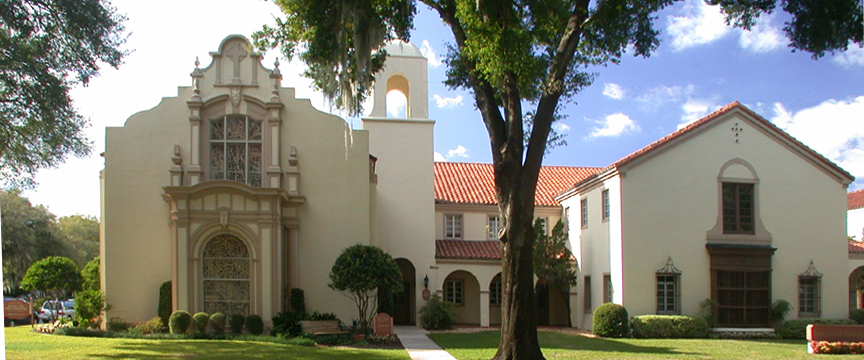As I write devotional my devotional for a couple of weeks, I am working on a new format which I am excited to share soon. We will look at the principles of the book “When Helping Hurts” to examine what kind of church God is calling us to be, not just in this season, but in the years to come.
This week I will be participating in a seminar for pastors on the theology and thought of the early church. Like numerous other things in this season, this was initially to be in person and has now shifted to online. The topic was close to Wesley’s heart. He was an avid reader of the early church fathers and cited them frequently in his writing. Wesley had this to say about reading the work of those early Christians:
“I exceedingly reverence them, as well as their writings, and esteem them very highly in love… [they are] the most authentic commentators on scriptures, as being both nearest the fountain, and eminently endued with that spirit by whom all scripture was given… [their work is as] golden remains.”
One of the books assigned for this seminar was written by Gregory of Nyssa (335-395 A.D.) on the life of Moses. The work is an examination of the life of Moses, a devotional work that shares an example of what a faithful life with God looks like. It is a strange feeling to read something so old, reflecting on the same scripture that we use in our worship and devotional life today, and still strikingly relevant almost seventeen hundred years later. It is hard to overstate how thoroughly different the world is today, yet, as we follow the same God, we struggle with the same questions of faith and practice. Gregory states the clear purpose of his book in the prologue, “we shall seek out the spiritual understanding which corresponds to the history [of Moses] in order to obtain suggestions of virtue. Through such understanding, we may come to know the perfect life for men.” Additionally, he calls readers to remember Matthew 5:48, “Be perfect, therefore, as your heavenly Father is perfect.” This the same verse I cited last week as a personal favorite of Wesley. We see this theme of the Christian life as one of continuously increasing virtue. One might summarize this as Wesley did, that we are to be “going onto perfection.”
Gregory posits, “true religion is the death and destruction of idolatry.” The tricky thing about idolatry is that its roots go deep, often pressing into the foundation of our identity. Tim Keller in his fantastic book Counterfeit Gods: The Empty Promises of Money, Sex, and Power and the Only Hope That Matters, argues that this personal work is difficult because often, our idolatry is not of ‘bad’ things, but rather ‘good’ things (such as family, work, and love) wrongly ordered. Its why Jesus’ call in Luke 14:25-27 that following him requires even the love of children to be ordered after our love of Jesus, strikes us so hard. Uprooting the idolatry in our lives, as Moses forcefully did as he came down Mount Sinai to find the golden calf, allows us to live ever-increasing lives of virtue. Alternatively, if we do not do this work, Gregory gives us the image of living lives akin to the Israelites in slavery in Egypt. Like Sisyphus, a life with the wrong desires, resembles the Israelites making bricks perpetually staring at an “empty and vacant container,” as these false desires like Pharaoh demanding ever more bricks, a task never completed.
In conclusion, Gregory gives a hopeful call to his audience. As we look at the life of Moses in the Scriptures, we see that he is the “friend of God,” (Exodus 33:11). This ought to be our focus day by day, that we grow in our friendship to God. I offer this from his closing paragraph as a prayer for all of us this week, that we all may:
“Be known by God and to become his friend. This is true perfection: not to avoid a wicked life because, like slaves, we servilely fear punishment, nor to do good because we hope for rewards, as if cashing in on the virtuous life by some businesslike and contractural arrangement. On the contrary… we consider becoming God’s friend the only think worthy of honor and desire.”
“People do not drift toward Holiness. Apart from grace-driven effort, people do not gravitate toward godliness, prayer, obedience to Scripture, faith, and delight in the Lord. We drift toward compromise and call it tolerance; we drift toward disobedience and call it freedom; we drift toward superstition and call it faith. We cherish the indiscipline of lost self-control and call it relaxation; we slouch toward prayerlessness and delude ourselves into thinking we have escaped legalism; we slide toward godlessness and convince ourselves we have been liberated.” – D.A. Carson











